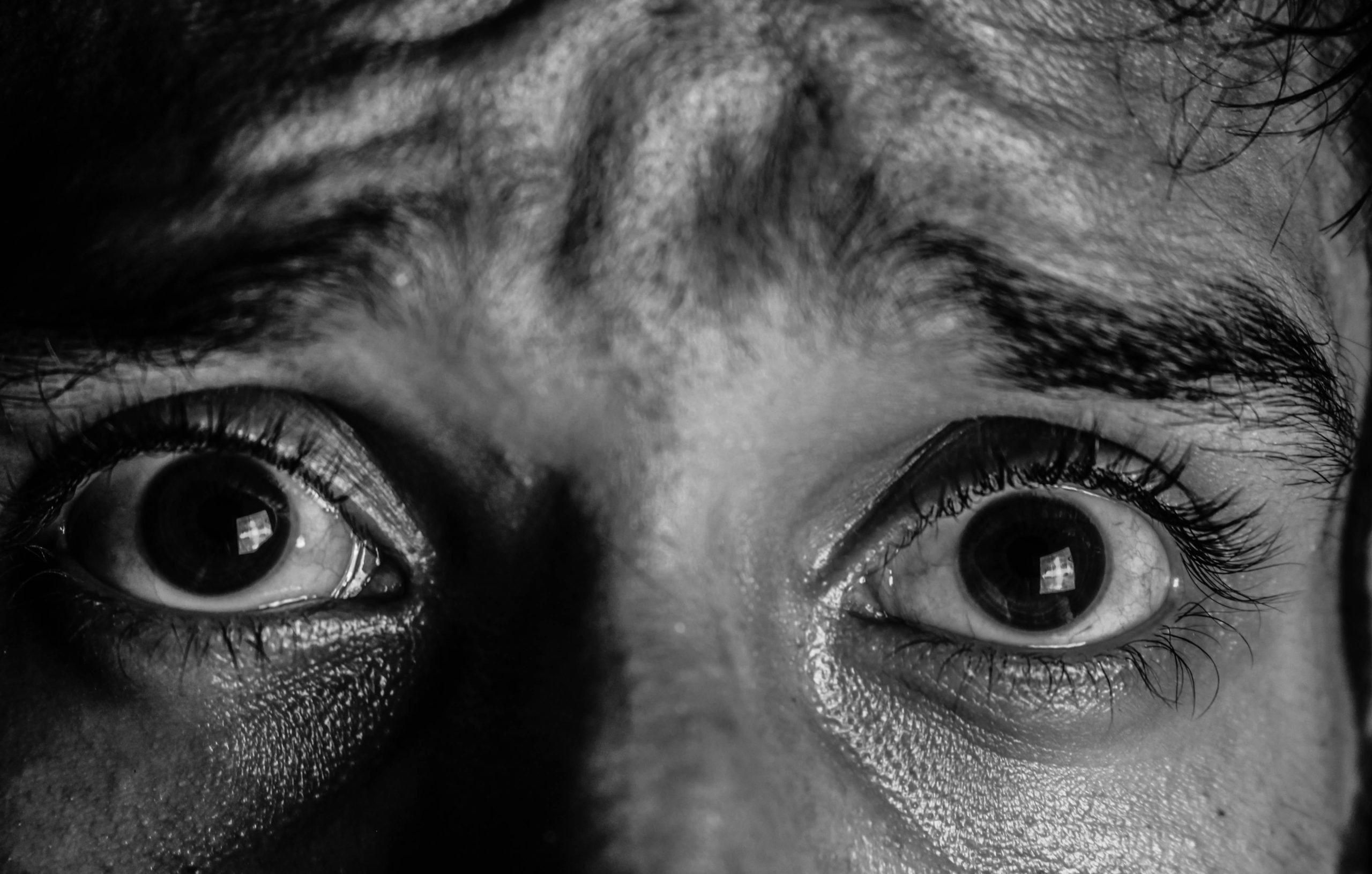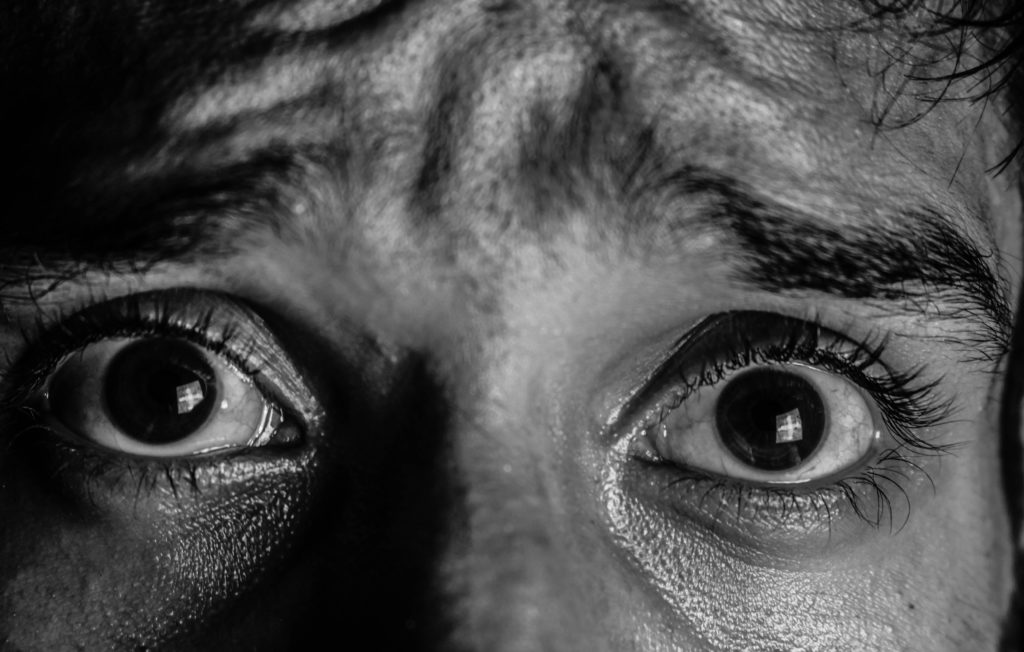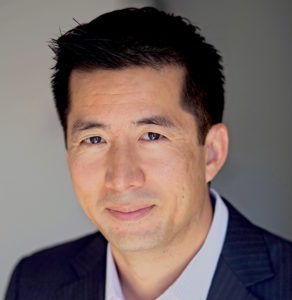“I think I might be dangerous”: All about Harm OCD – Part 1 of a 5 article series


Harm OCD is a common subtype of OCD in which the sufferer has unwanted and intrusive thoughts of doing something harmful to oneself, or to someone else. This form of OCD is often especially troubling because it can cause someone to question their own basic moral character and discredit so many other things that they may have done or accomplished in life.
It is essential to distinguish the experience of someone dealing with Harm OCD from someone who actually has a history of violence towards others, or who is depressed and actually considering ending their own life.
To the person with Harm OCD, the thoughts can persist in one’s mind despite a strong desire for them to stop, and despite a general recognition that the thoughts are not reflective of actual desires to harm oneself or others. This the essence of the obsessions characteristic of all forms of OCD. Thus, the thoughts can create an agonizing sense of conflict and anxiety within someone who otherwise believes oneself to be morally upright, safe, and non-violent.
By contrast, if a person is genuinely in a state of mind to hurt someone else, it will likely be motivated by feelings of anger and hurt, and might not be accompanied by anxiety. This is because in such a case the violent thoughts feel justified.
Similarly, for someone who is truly considering, or has actually injured oneself in some way, depression or extreme dissatisfaction with life may be driving the thoughts. This is the opposite of the person with Harm OCD who may not be depressed at all, but is deeply worried that having had even a random thought of hurting oneself is an indication of a true desire to do so.
Harm OCD thoughts can focus on a number of themes, and can take on various forms such as in the examples below.
Core themes that are questioned by people suffering from Harm OCD:
- Control – “What if I am not actually in control of my impulses and actions?”
- Certainty – “Am I really absolutely 100% certain that I wouldn’t stab my family member (or myself, etc. other person) if given the means and the opportunity?”
- Responsibility/Guilt – “I thought some really angry things about my sister that day when we were having an argument, and 3 months later, doctors found a tumor in her chest – Is it my fault she got cancer?”
- Character – “What if I’m actually not the well-intentioned and good person that I’ve always thought I was?”
Common Harm OCD Obsessions can include anxiety about:
Harm to Others:
- Feeling an attraction towards a minor, leading to fears that you might be a Pedophile (more on this in Part 2 on Pedophilic OCD).
- Suddenly deciding to drown/drop/harm your newborn child (more on this in Part 3 on Postpartum OCD)
- Accidentally running over a pedestrian with one’s car
- Impulsively committing an act of physical or sexual violence towards a family member, friend, coworker or stranger.
- Becoming “mentally ill” and turning violent towards others
- Having a random or sudden impulse to push someone off a ledge or bridge
- Accidentally causing harm to someone through negligence to machinery, hygiene, or via superstitious sense of cause and effect linking otherwise unrelated phenomena
- Specific actions (or inaction) cosmically or metaphysically resulting in major harm to another person or group of people.
- Harming others by inattention to detail, accidentally leaving on a stove or appliance, neglecting to lock a car or door.
Harm to Self:
- Having a random or sudden impulse to jump off a bridge
- Having a random impulse to drive off a freeway bridge or interchange
- “Losing my mind” and deciding to slit my own wrists or hurt myself in some way
Common Harm OCD Compulsions can include:
- Saying specific words or phrases to oneself, tapping, aligning objects, stepping in a very rigid way designed to get rid of bad thoughts or feelings
- Mentally reviewing specific incidents repeatedly in one’s mind to check if the harm you fear actually occurred, or if you were responsible for it
- Checking in your rearview mirror, or driving around the block to see if you hit any pedestrians
- Focusing extra attention on one’s body for signs of sexual arousal around minors
- Seeking reassurance from others that you are a good person and would not do the horrible things you are obsessing about
- Seeking retroactive reassurance from others that you did not do something that harmed others
- Disclosing unwanted thoughts and images to others in an effort to confess and alleviate guilt
The good news is that, as unpleasant as it can be to struggle with any of these mental and behavioral phenomena, Harm OCD is definitely something that can be successfully overcome. For more information about different types of Harm OCD and the process of treatment in therapy, continue reading on in our five part series, which will be online over the next few weeks:
Part 2 focuses on Pedophilic OCD.
Part 3 addresses Postpartum/Perinatal OCD.
Part 4 discusses treatment for Harm OCD.
Part 5 highlights some unique concerns that Harm OCD sufferers should be aware of.

Martin Hsia, Psy.D. is the Clinical Director of CBT SoCal, and specializes in helping people with OCD, Anxiety, and Insomnia in Glendale, CA.

al
Just wandered if there are any imformation that explains that classic harm OCD is not dangerous for a man who has had OCD since age 12 to age 55. No arrests or any tangling with the law both federal and state. I have a clean record. Where can one find suchinformation?
Carlalou
I have been dealing with my anxieties after a hospital stay where I hard blood clot removal. I already had anxiety issues before this but now I have weirds thought about hurting others even strangers when I get anxious. I am seeing a therapist and he reassures me it is my anxieties but I just want to be. Me again. What can u do to help this process?
Martin Hsia
Unfortunately, a lot of excellent and well-meaning mental health professionals may respond in this way, but this is not helpful for OCD. OCD experts agree that seeking and getting reassurance is akin to a checking compulsion, which feels helpful momentarily but in the long run, prolongs suffering. Here’s another article on the topic: https://cbtsocal.com/ocd-treatment-tip-1-why-checking-doesnt-bring-us-certainty/
Martin Hsia
It’s often said that the best predictor of a person’s behavior is past behavior. At the risk of giving reassurance (which is typically counterproductive in helping OCD sufferers improve), being riddled with anxiety and guilt about the possibility of doing something harmful is typically characteristic of an obsession, indicating that the thought is unwanted.